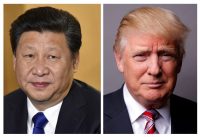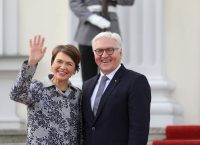
Why it’s important that the world still reflects on Rwanda’s genocide
23 years ago, genocide was unleashed in Rwanda. Almost a million Tutsis and moderate Hutus were killed in about 100 days.
Consider not just the scale of the violence but the intimate means by which some 10,000 people a day lost their lives. Men, women, and children were killed at close proximity – often butchered with machetes, knives, scythes, clubs, picks, and sharpened sticks.
Their killers were not only members of the Rwandan army and the government-backed Interahamwe and Impuzamugambi, the Hutu militias. They were also the victims’ own neighbours, those they had sat next to at school, played soccer with, worked alongside.… Seguir leyendo »





